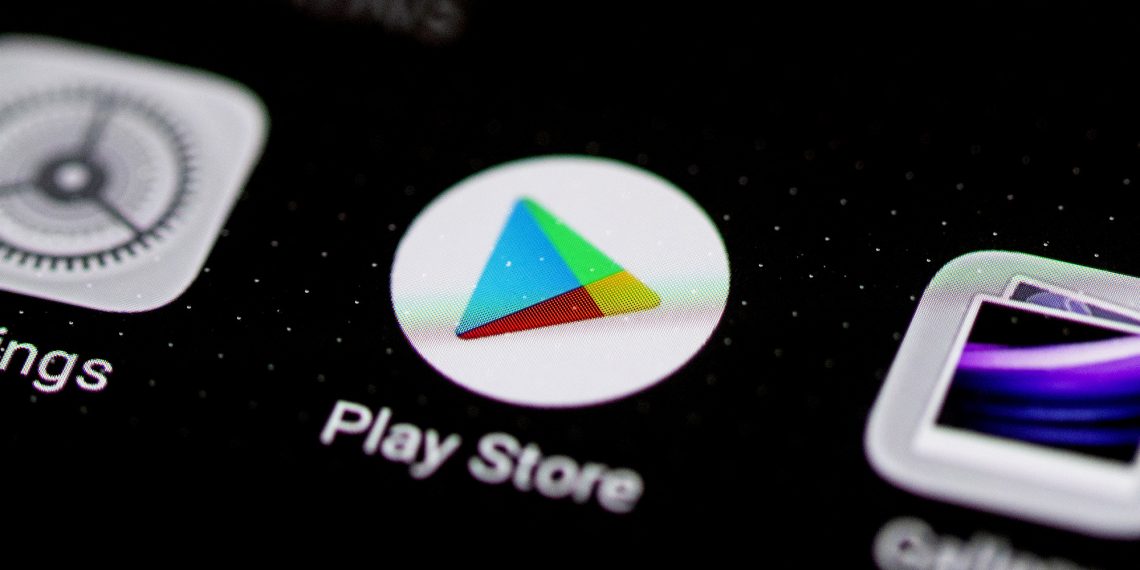In a continuation of the antitrust dispute between Google and Epic Games, Google filed a response opposing Epic’s proposed changes to its Play Store.
The filing, made in a San Francisco federal court, argued that Epic’s suggestions would severely hinder Google’s ability to compete effectively.
Epic, known for its game “Fortnite,” previously convinced a jury that Google unlawfully restricted competition through its control over app downloads on Android devices and payment practices for in-app transactions.

Epic’s requests include making app downloads from other sources easier for users and granting developers more flexibility in offering and pricing purchases.
Epic urged for the introduction of its Epic Games Store on Android without any hindrances. A hearing on the proposed injunction is set for May 23, with Google emphasizing that Epic’s demands could compromise consumer privacy, security, and overall experience.
Wilson White, Google’s head of government affairs and public policy, criticized Epic’s demands, stating they would negatively impact consumers, developers, and device manufacturers.
Google highlighted a prior settlement with states and consumers related to its Play Store, arguing that the remedies addressed the alleged anticompetitive behavior presented by Epic during the trial.

The settlement, which involved a $700 million payment by Google, also introduced reforms allowing alternative billing options for in-app purchases.
Google faces another significant antitrust case in a Washington, D.C. courtroom. The case, brought by the Justice Department and a coalition of states, focuses on Google’s dominance in the mobile web search market.
The closing trial arguments mark a significant phase in this broader antitrust battle, illustrating the complexity and scope of Google’s legal challenges on multiple fronts.




